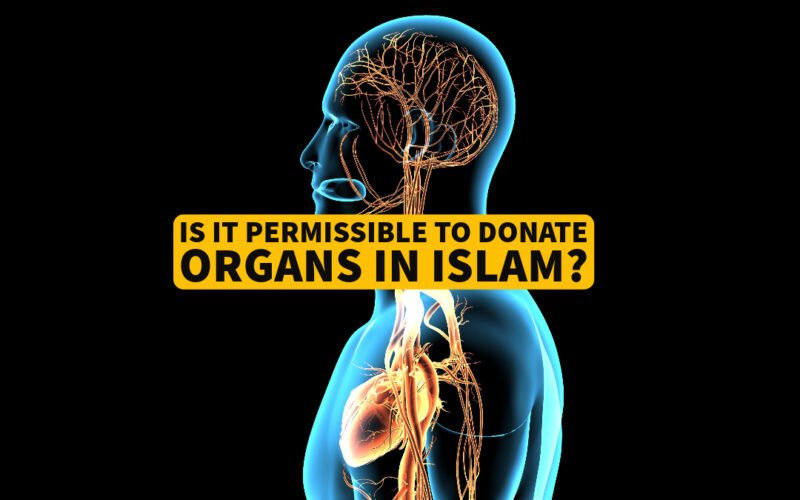Giving an organ can help someone who is in urgent need of a transplant. Numerous lives are saved or increased every year due to organ and tissue transplantation worldwide.
Table of Contents
Specialists and other medical staff members are committed to using all available resources to save patients’ lives. Once all other measures to save their lives have failed, organ or tissue donation is only taken into consideration.
Since organ donation did not exist during the time of the Prophet, there is no clear narration that explains whether it is acceptable or unacceptable. As a result, jurists must interpret the information provided by the Quran and Sunnah while taking current events into account.
Evidence
The consensus among Sunnis and Shia is that as long as the recipient is in need of the organ to prolong their life and as long as it does not significantly injure or kill us, we are free to donate an organ to anybody we choose during our lifetime, whether they are Muslim or not.
The following passage from the Holy Quran serves as a basis for this: whoever saves a life is like saving all of humanity (5:32).
Difference of Opinion
Donating one’s organs is a profoundly personal decision. Muslims concerned about making this choice in light of Islamic guidance should speak with their families, their local Imam, or the medical facility chaplain about the various viewpoints.
Final Statement
As per the saying from the Quran, it is permissible to donate an organ lest it does not result in the donor’s death or permanently harm him. It is also permitted to donate an organ after death.
Bottom Line:
Muslims can donate their organs as per their wishes i.e. after death or if they are a suitable match and in good health.


 WhatsApp Channel
WhatsApp Channel
 Instagram
Instagram
 Facebook
Facebook
 X (Twitter)
X (Twitter)
 Google News
Google News
Thank you for this article. It would also be beneficial to hear the perspective of those who argue against organ donation from the Muslim perspective. I am an Interfaith Spiritual Care provider in an acute care hospital and, in the event of a conflict of perspectives, knowing something of both arguments would be enlightening.